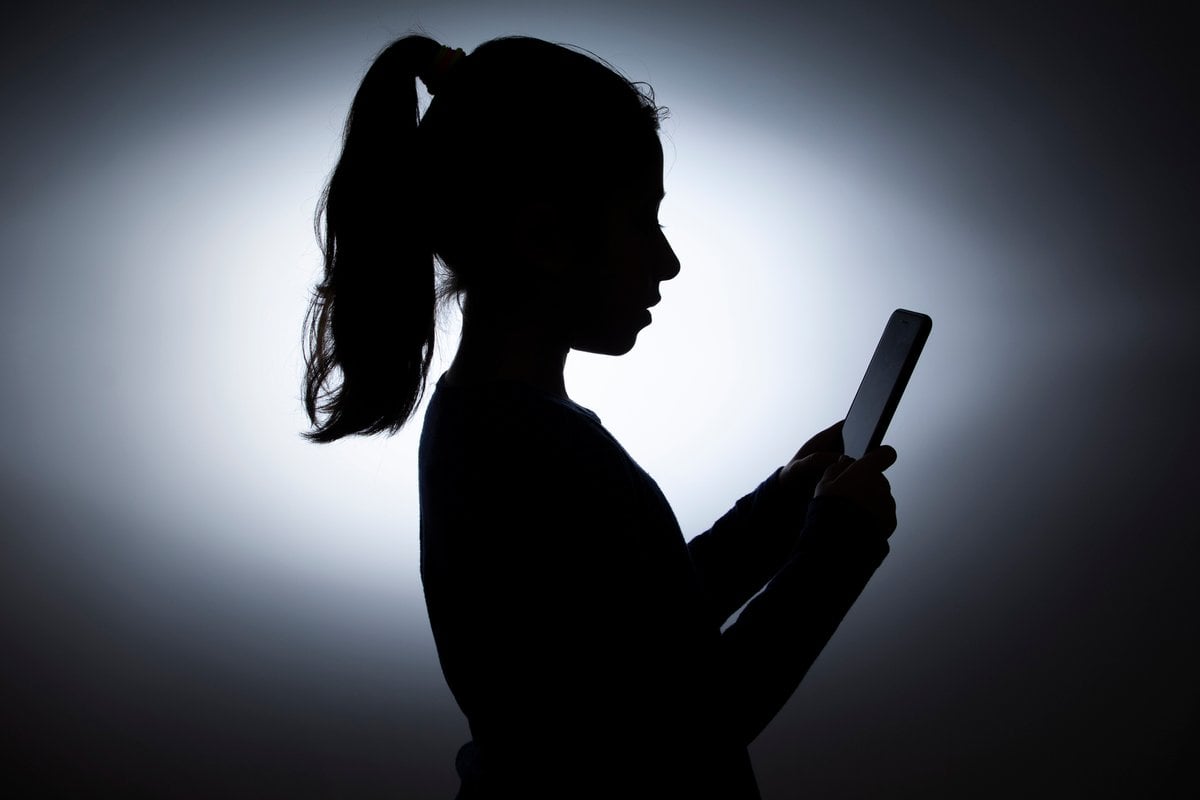
Schools in Israel and around the world are urging parents to delete social media apps from their children's phones as they expect Hamas terrorists to release distressing content.
CNN reported that the parent's association of a school in Tel Aviv said it had been told to expect videos of hostages "begging for their lives".
The school messaged parents directly to request they remove social media, especially TikTok, from their children's devices.
The statement read: "We cannot allow our kids to watch this stuff. It is also difficult, furthermore - impossible - to contain all this content on social media. Thank you for your understanding and cooperation."
The statement led to several Jewish schools in the US issuing similar warnings while the Jewish Telegraphic Agency, said that “It was not clear where the information about forthcoming hostage videos was coming from.”
US journalist Joanne Stern shared messages from her local school and Jewish community centre that also advised parents to remove social apps to protect their kids.
Messages from the Jewish high school I attended and our local Jewish Community Center suggesting parents delete X, Instagram and TikTok because of the “graphic and misleading information” on these platforms. pic.twitter.com/sc3yoH886A
— Joanna Stern (@JoannaStern) October 10, 2023
